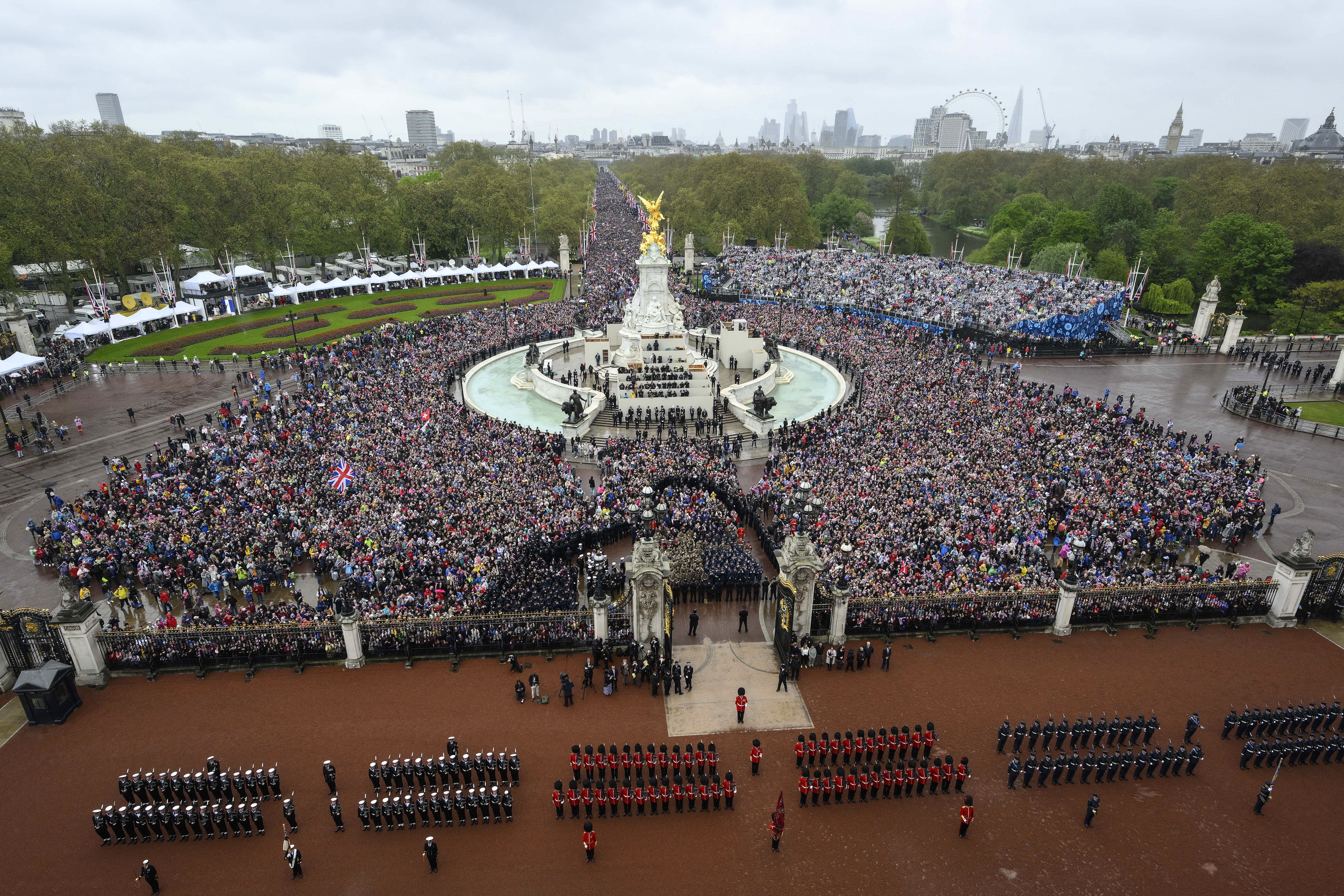Starmer not committing to immediately ripping up protest arrest law
The Labour leader said it was ‘early days’ for the Public Order Act, amid criticism of the arrest of anti-monarchy protesters ahead of the coronation.

Your support helps us to tell the story
From reproductive rights to climate change to Big Tech, The Independent is on the ground when the story is developing. Whether it's investigating the financials of Elon Musk's pro-Trump PAC or producing our latest documentary, 'The A Word', which shines a light on the American women fighting for reproductive rights, we know how important it is to parse out the facts from the messaging.
At such a critical moment in US history, we need reporters on the ground. Your donation allows us to keep sending journalists to speak to both sides of the story.
The Independent is trusted by Americans across the entire political spectrum. And unlike many other quality news outlets, we choose not to lock Americans out of our reporting and analysis with paywalls. We believe quality journalism should be available to everyone, paid for by those who can afford it.
Your support makes all the difference.Sir Keir Starmer has said he is not preparing to rip up the new police powers that have come under fresh criticism after the arrests of protesters ahead of the King’s coronation.
The Labour leader accepted Scotland Yard got some of their “judgments wrong” after the force expressed “regret” over preventing six Republic campaigners from protesting.
But Sir Keir said it was “early days” for the Public Order Act that the group was detained under for 16 hours before being released and told no charges would be brought.
Rather than committing to repeal the legislation, he suggested fresh guidance could make improvements amid concerns it was being used to clamp down on dissent.
Prime Minister Rishi Sunak has defended the new powers which came into force last week as being necessary to give officers the power to tackle “serious disruption”.
But there have been fresh calls to think again over the “crude” and “too broad” law after the Republic activists were prevented from protesting on Saturday.
Labour voted against the legislation as it made its way through Parliament, but now Sir Keir suggests an overhaul may not be necessary.
In an interview, the former director of public prosecutions told BBC News: “It’s early days, it hasn’t even bedded in yet.
The police and the Home Office have to get straight exactly how they protect our democratic rights at the same time as protecting the day for thousands of people
“It’s early days and in my experience of public order legislation is that it takes a little while for it to bed in.
“Just because there’s a power to do something it doesn’t mean they have to do it in every circumstance, that often results in case law, in guidance that sets out a framework for decision making.
“We haven’t even got to that stage yet and I think it’s important that we do.”
Sir Keir said that the police had made the wrong call, as Metropolitan Police chief Sir Mark Rowley defended the arrests.
“The police have obviously apologised in relation to some of those cases,” the Labour leader said.
“They’re a difficult judgment call, we all understand why action has to be taken in relation to Just Stop Oil and that sort of tactic but on our hand obviously we need to protect legitimate protests so it’s a judgment call.
“They got some of those judgments wrong, as they have accepted, and I think that’s a learning experience for them as we go forward we need to ensure there’s perhaps better guidance or something.”
Graham Smith, the Republic chief executive who is considering legal action against the Met over his arrest, has urged Labour to repeal the Act.
Police said they suspected the straps being used to secure placards being carried by the group would be used to “lock on” to something to cause disruption, which is an offence which can be punished by imprisonment under the Act.
But on Monday evening they personally apologised to Mr Smith, handing back the straps and telling his group no charges will be taken because they could not “prove intent to use them to lock on and disrupt the event”.
Former Greater Manchester Police chief Sir Peter Fahy said the legislation used to detain the protesters was “very poorly defined and far too broad”.
“This could affect all sorts of different protests in your local community – when you’re unhappy about HS2 or a housing development or whatever, this legislation could be used against you, and the police would be under pressure,” he told BBC Radio 4’s Today programme.
Senior Tory MP David Davis called the legislation “too crude” and urged the Commons Home Affairs Committee to investigate.
Labour’s Sadiq Khan, in his position as London Mayor, wrote to the Met boss asking for assurances that the arrests will be subject to a review.